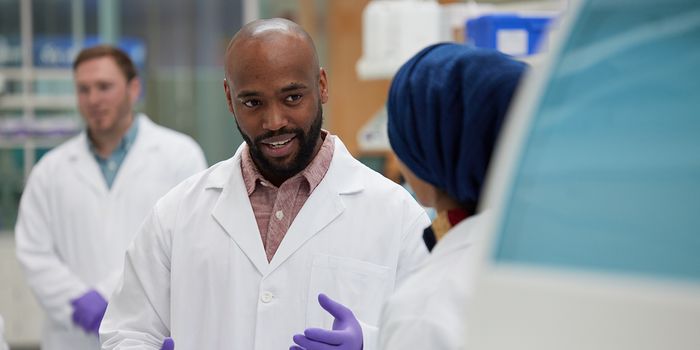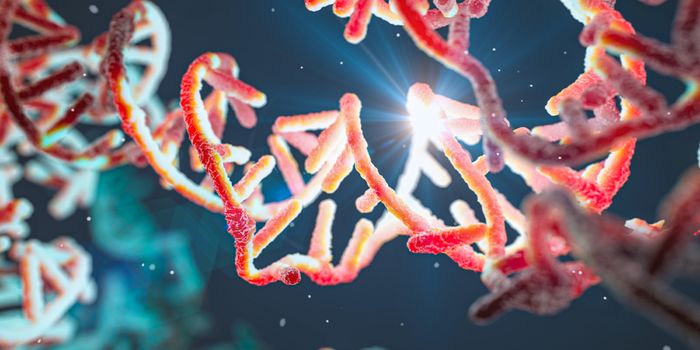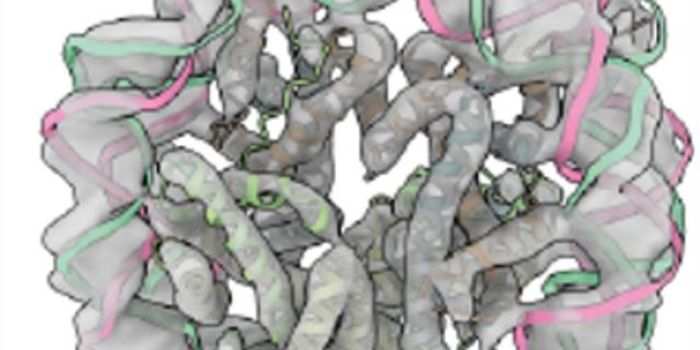Detecting DNA - Without Amplification
As genetic technologies rapidly advance, totally new approaches are now possible in biomedical research. One innovation is the CRISPR-Chip. The CRISPR reagents include a guide RNA molecule that can target very small, specific parts of the genome. By immobilizing the CRISPR molecules onto the surface of graphene-based transistors, they can search for a target sequence in a sample. The chip can thus detect DNA sequences digitally, without amplification, by the programming the chip with a guide RNA. If the target sequence is bound, the conductivity of the graphene changes, which can be detected.
Earlier this year, the new tool was reported in Nature Biomedical Engineering and is described in the video. "The innovation is to bring the two together as a capture mechanism. "Our system does not use amplification; instead, it relies on CRISPR's genome-searching capability and graphene's sensitivity," explained Dr. Kiana Aran, who co-founded the company Nanosens.
CRISPR-Chip was made possible by integrating the CRISPR technology of Nanosens and the company Cardea’s handheld reader, which detects changes in the graphene-based transistor. They are now combining the companies, and are aiming to bring the product to market soon. It is called the Genome Sensor.
“To show the world how aligned and well-integrated the two teams already are from having worked closely together for so long, we decided to move up and launch our Early Access Program for the Genome Sensor today at AGBT, on the very day of the announcement of the proposed combination with of the two companies,” said Cardea CEO and Nanosens co-founder) Michael Heltzen.
The combined company is planning to introduce more CRISPR-Chip tools in the future. “The CRISPR-Chip has generated impressive levels of interest from companies both large and small, who realize the disruptive potential CRISPR-Chip has across many markets. With our Innovation Partnership Program, Cardea can finally offer the combined solution and work as one big team,” said Dr. Francie Barron, Vice President of Cardea’s Innovation Partnership Program.
“In today’s society, we can get almost any information we need immediately via our smartphones and the internet, but really important Precision Health questions still take days or weeks,” noted Heltzen. “Cardea’s long term mission is to provide those answers immediately via FDA approved systems, and with the launch of our Early Access Program we’ve taken a key step towards realizing that vision.”
“We’re excited to become part of Cardea and develop new and innovative uses for our combined technologies. To help realize the potential, we’re calling all genomics innovators to join the Early Access Program to accelerate our research and product development so that we can empower everyone with immediate insight into their genome via “Powered by Cardea” instruments,” said Dr. Aran, who will now be Chief Science Officer at Cardea. Learn more about joining the Early Access Program here.










